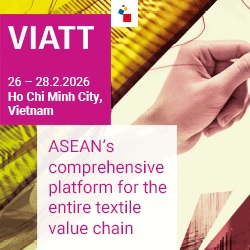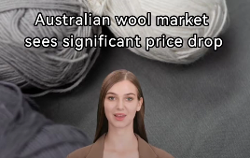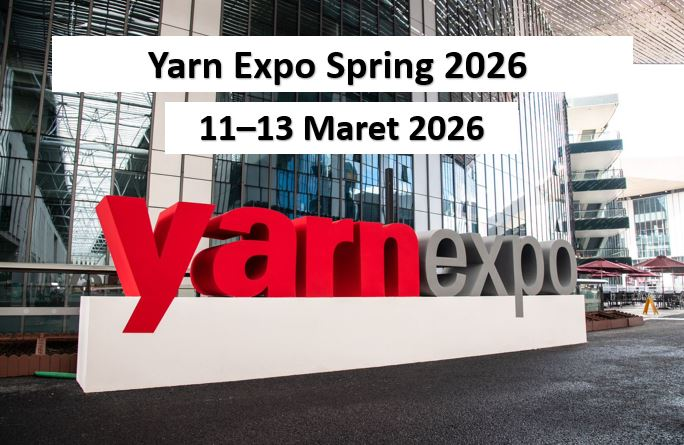A prominent trade association representing garment exporters in the Philippines is urging the government to facilitate the construction of new textile mills in anticipation of an expected surge in demand for these goods once the Philippines enters into a free trade agreement (FTA) with the European Union (EU).
Robert Young, the president of the Foreign Buyers Association of the Philippines (FOBAP), emphasized the urgency of this initiative, stating that they have been advocating for the government to establish a pilot commercial-scale wearable textile factory. According to Young, the swift establishment of such a facility is crucial to attracting foreign investors and kickstarting the development of the textile industry in the country.
Young highlighted the potential economic benefits of investing in the garment sector, likening it to the success stories of countries like Bangladesh, Vietnam, India, Laos, and Cambodia. The garment industry has the potential to significantly contribute to the Philippine economy, but current challenges, such as high tariffs and strict rules of origin imposed by the EU, hinder its growth.
Currently, Philippine garment exports face a 12-percent tariff or more due to stringent rules of origin, which require a certain percentage of value-added inputs to be sourced from countries eligible under the EU’s Generalized Scheme of Preferences (GSP) scheme. To meet these requirements, the Philippines needs to produce its own fabric, necessitating the establishment of domestic textile manufacturing facilities.
Young emphasized the importance of building a pilot textile factory to ensure compliance with EU regulations and boost the competitiveness of Philippine garment exports. Failure to meet these standards could result in a shortfall in export targets, with industry players expected to achieve only 80 percent of their projected garment and apparel exports of at least $1 billion this year.
In addition to advocating for textile mill construction, FOBAP has requested the government to formally petition the EU to allow the Philippines to use imported materials while qualifying for zero duties during the construction phase of the facility. This temporary measure would provide relief to garment exporters and facilitate the transition to domestic textile production.
The call for the construction of textile mills underscores the industry's commitment to enhancing its competitiveness and positioning the Philippines as a key player in the global garment market. By investing in domestic manufacturing capabilities, the Philippines aims to capitalize on the opportunities presented by international trade agreements and drive economic growth in the textile and apparel sector.





